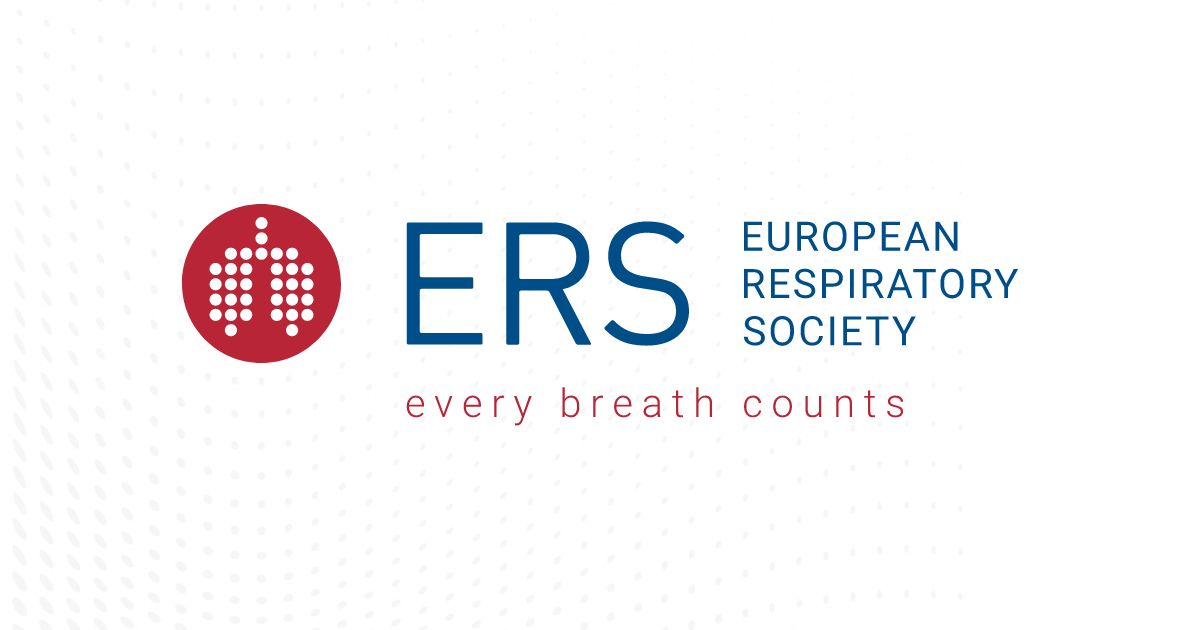- Center on Health Equity & Access
- Clinical
- Health Care Cost
- Health Care Delivery
- Insurance
- Policy
- Technology
- Value-Based Care
ICYMI: Highlights From ERS Congress 2024
Top coverage from the European Respiratory Society (ERS) Congress 2024 spanned various topics, including artificial intelligence–powered robots transforming respiratory care and late-breaking findings on an epilepsy drug showing promise for treating obstructive sleep apnea.
Our top coverage from the European Respiratory Society (ERS) Congress 2024 highlighted artificial intelligence (AI)–powered robots in respiratory care; lessons from idiopathic pulmonary fibrosis (IPF) trial failures; lung function decline in those with fibrotic diseases; interstitial lung disease (ILD) risk factors in patients with rheumatic conditions; and promising results of an epilepsy drug in treating patients with obstructive sleep apnea (OSA).
The top story from the European Respiratory Society (ERS) Congress 2024 discussed late-breaking findings on an epilepsy drug, which showed promise for treating obstructive sleep apnea (OSA). | Image Credit: ersnet.org

Here are your ERS Congress 2024 highlights; click here for all conference coverage.
5. Are AI-Powered Robots the Future of Respiratory Health Care?
This article summarized a session where attendees met AMECA, a humanoid robot powered by generative AI. Health care experts discussed the potential of advanced AI systems in transforming respiratory care and how AI-powered robots could support clinical decision-making, enhance patient interactions, and improve education and training. However, the session also showcased the challenges and need for close collaboration between health care professionals and AI developers to ensure its successful integration into medical practice; AI-powered robots present challenges like data privacy concerns and misinformation risks.
4. Overcoming Failures: Lessons From IPF Clinical Trials in the Past Year
This article summarized an analysis of IPF clinical trial failures delivered by Luca Richeldi, MD, PhD, of the Catholic University of the Sacred Heart, offering key lessons for future research. He highlighted issues with small sample sizes, short trial durations, and the impact of outliers, which can overestimate efficacy and limit phase 3 success. Richeldi suggested researchers address these issues by using adaptive trial designs with interim analyses and more rigorous statistical methods for handling outliers and missing data. He also recommended shifting their focus toward patient-relevant outcomes, like survival and quality of life, instead of relying solely on forced vital lung capacity (FVC) changes.
3. New Findings Highlight the Impact of Lung Function Decline in IPF, PPF
Two abstracts presented at the ERS Congress 2024 explored the impact of IPF and progressive pulmonary fibrosis (PPF) on lung function and patient outcomes. The first compared the baseline FVC and its decline among patients with IPF and those with PPF. When matched for age, sex, height, and race, the researchers found that patients with IPF and PPF had substantially impaired lung function vs their healthy counterparts. The second abstract focused on the relationship between changes in lung function and mortality risk in patients with IPF. The researchers found that even small relative declines in lung function significantly impacted mortality risk and the likelihood of lung transplant. Both highlight the burden of lung function decline in patients with IPF and PPF, emphasizing the clinical relevance of treatments like nintedanib in slowing disease progression.
2. Key Risk Factors for Interstitial Lung Disease in Rheumatic Diseases
In this interview, Anna-Maria Hoffman-Vold, MD, PhD, of Oslo University Hospital, highlighted key ILD risk factors in patients with rheumatic diseases. She noted that ILD prevalence varies by rheumatic disease; antisynthetase syndrome, for example, carries a higher risk, with autoantibodies like MDA5 and Jo-1 increasing the risk. Hoffman-Vold said that an ILD diagnosis must be made with high-resolution CT. However, screening strategies depend on patients’ underlying rheumatic disease. For example, those with systemic cirrhosis, mixed connective tissue disease, and antisynthetase syndrome have a high ILD prevalence, so Hoffman-Vold said all diagnosed patients should be screened.
1. Epilepsy Drug Shows Promise in Reducing Obstructive Sleep Apnea Symptoms
This article summarized a late-breaking clinical trial presented at the ERS Congress 2024, which reported that sulthiame, an epilepsy drug sold under the brand name Ospolot in Europe, appeared to reduce symptoms of OSA. The researchers found that patients who took the carbonic anhydrase inhibitor experienced improved oxygen levels and fewer breathing interruptions during sleep. Some common adverse drug effects included headache, fatigue, and nausea; however, these symptoms were generally mild or moderate. Sulthiame is not currently approved in the US, but it has shown promise as an alternative treatment for sleep-disordered breathing and can potentially reduce the need for CPAP machines.
Quality of Life: The Pending Outcome in Idiopathic Pulmonary Fibrosis
February 6th 2026Because evidence gaps in idiopathic pulmonary fibrosis research hinder demonstration of antifibrotic therapies’ impact on patient quality of life (QOL), integrating validated health-related QOL measures into trials is urgently needed.
Read More
